You’ve seen it and heard it: protein is everywhere this year and that’s not stopping anytime soon. However, not all protein is created equal and we’re here to tell you all about what you need to know to ensure you choose the best protein choices to benefit your body the most. We don’t want you to just think of protein; we want you to think of bioavailable, high-quality protein.
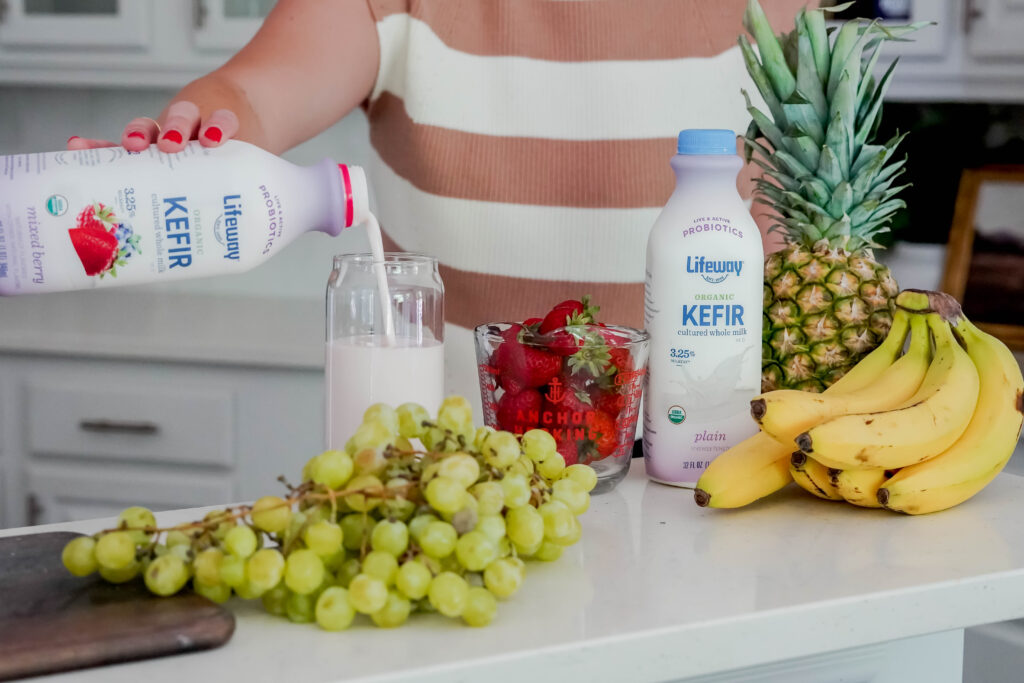
Why High-Quality Protein and Bioavailability Matters
Protein is an essential nutrient that our body needs to stay healthy and function properly since it’s the building block for our muscles, important for the working of our blood, immune, and endocrine system. All of these affect us to a great degree, so it’s important that we nourish them appropriately. Proteins are composed of amino acids, and when digested, these amino acids break down and are used for bodily functions we all depend on daily without even realizing it. These amino acids from protein can also be restructured into whatever proteins are needed at any time, such as to build muscle, repair tissue after injury, assist with hormonal health, and even help with mental health issues like brain function, sleep, and reducing anxiety.
There are 20 amino acids, and our body can only make 11 of them, which are termed non-essential amino acids. We look to foods to get the remaining 9 essential amino acids. Many animal proteins and some plant proteins contain all of these 9 essential amino acids, making them what is called “complete” proteins. But not all complete proteins are created equal, not all mean high-quality, and not all may be well absorbed (bioavailability).
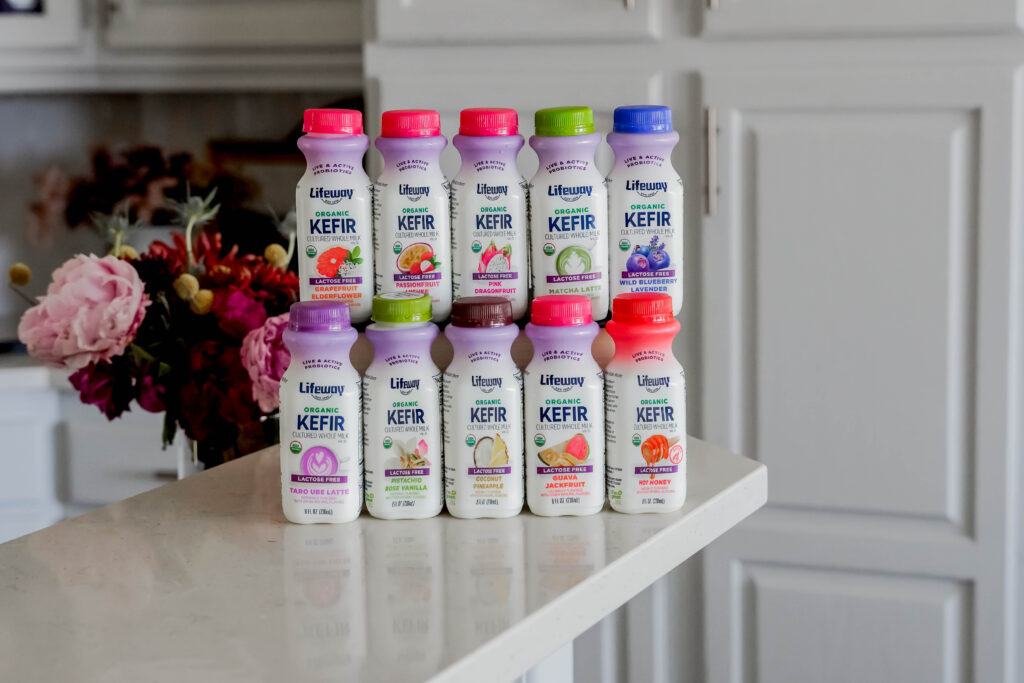
High-Quality Proteins
In the United States, protein quality is measure by the Protein Digestibility-Corrected Amino Acid Score (PDCAAS). This measurement is based on the amino acid profile, how well it’s digested and how efficiently our body uses it. A complete protein will have a higher-quality score than a non-complete protein because the body can use the amino acids more efficiently. Luckily, you don’t need to focus on scores, numbers, and charts. The best way to remember the important part about all this is to simply choose high-quality protein foods to start with that contain all the essential amino acids. That’s where bioavailability comes in.
Bioavailability
Put simply, protein bioavailability is how much protein (a combination of amino acids) your body can absorb from the amount of dietary protein you eat. Many factors can affect bioavailability. Cooking methods, inclusion of essential amino acids, acidic acids, and fermentation can increase bioavailability.
Eating a variety of protein foods throughout the day, reading labels, and paying attention to your sources can ensure you are meeting both high-quality and bioavailable protein needs. Whole foods that don’t contain unhealthy additives and that are highly processed always make great choices for protein. That’s why we love to share the benefits of Lifeway Kefir since it’s made with real milk and live and active probiotic cultures. As a result, all Lifeway Kefir is an incredible source of bioavailable protein your body can use seamlessly and easily.
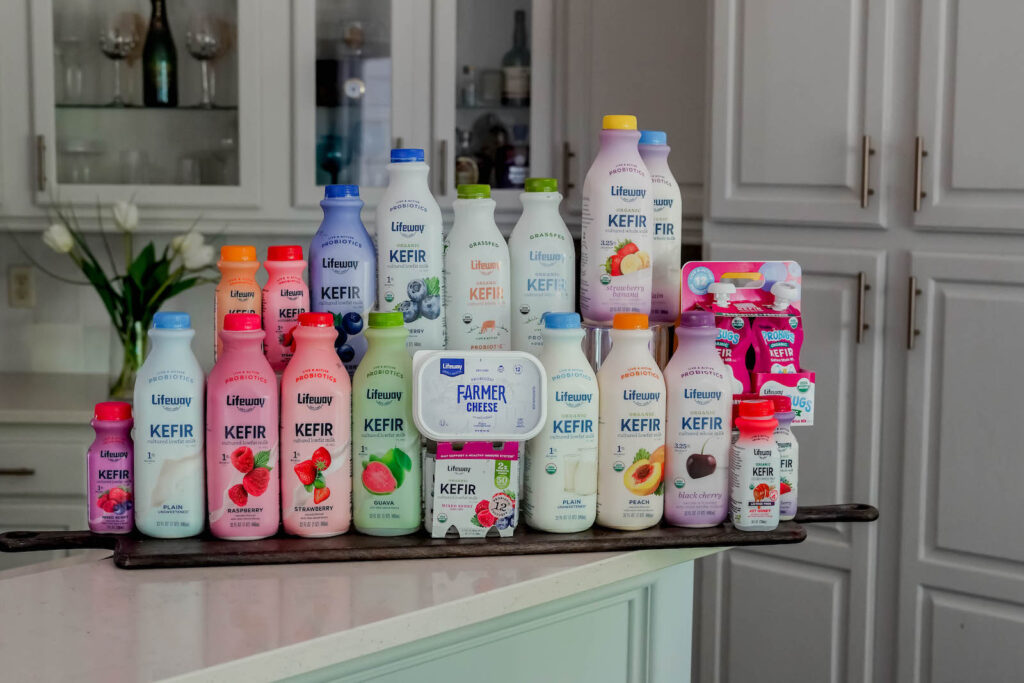
Why Cultured Dairy is King for Protein
Dairy foods are one of the most well-known high-quality protein foods in the human diet. They contain all nine of the essential amino acids the body cannot make on its own and have a high PDCAAS score. They are also very bioavailable. The two proteins in dairy, whey and casein, are consistently rated as some of the best for the body in terms of absorption and utilization.
However, cultured dairy is in its own class of bioavailability. Cultured dairy (like Lifeway Kefir and Farmer Cheese) should be on your list if you’re looking for optimal high-quality protein foods that are easy to digest. Why? The probiotic cultures used during Lifeway Kefir’s fermentation process produces enzymes that help breakdown the amino acids in protein more easily so your body absorbs them quicker and more efficiently. This also means you digest them easier. In other words, more benefits, less tummy troubles!
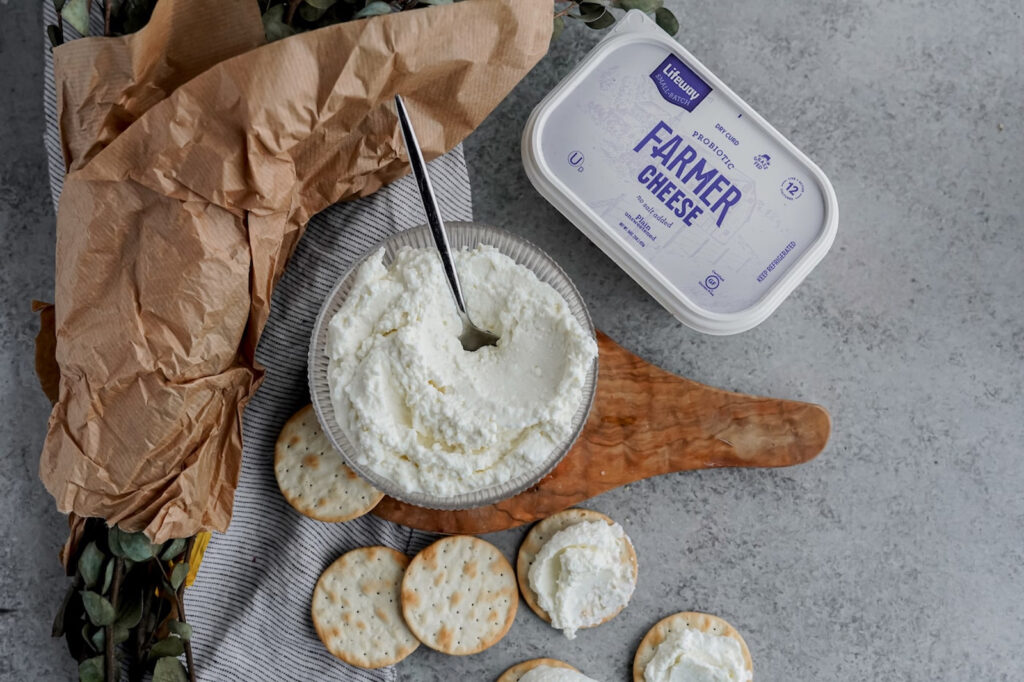
When You Want High-Quality Protein, Choose Lifeway Kefir
When you choose to drink Lifeway Kefir or eat foods with it, you’re choosing a gut-healthy, high-quality, bioavailable protein source. In fact, one 8-ounce serving of Lifeway Kefir has 10 grams of protein per cup making it a good source of complete protein. Not only do Lifeway’s probiotic cultures assist your body in digesting milk proteins easier, but our kefir’s probiotics also help break down the lactose during fermentation so it’s seamless to digest. All our kefir is lactose-free or 99% lactose-free, depending on the product, as a result.
Our Farmer Cheese is another wonderful choice for a healthy protein source. Since it’s made from our kefir cultures, it comes with the same probiotics, and is an excellent source of protein at 15 grams per serving. Already love cottage cheese? Our Farmer Cheese is more versatile, lower in sodium, and creamier with than regular cottage cheese—with no straining required!
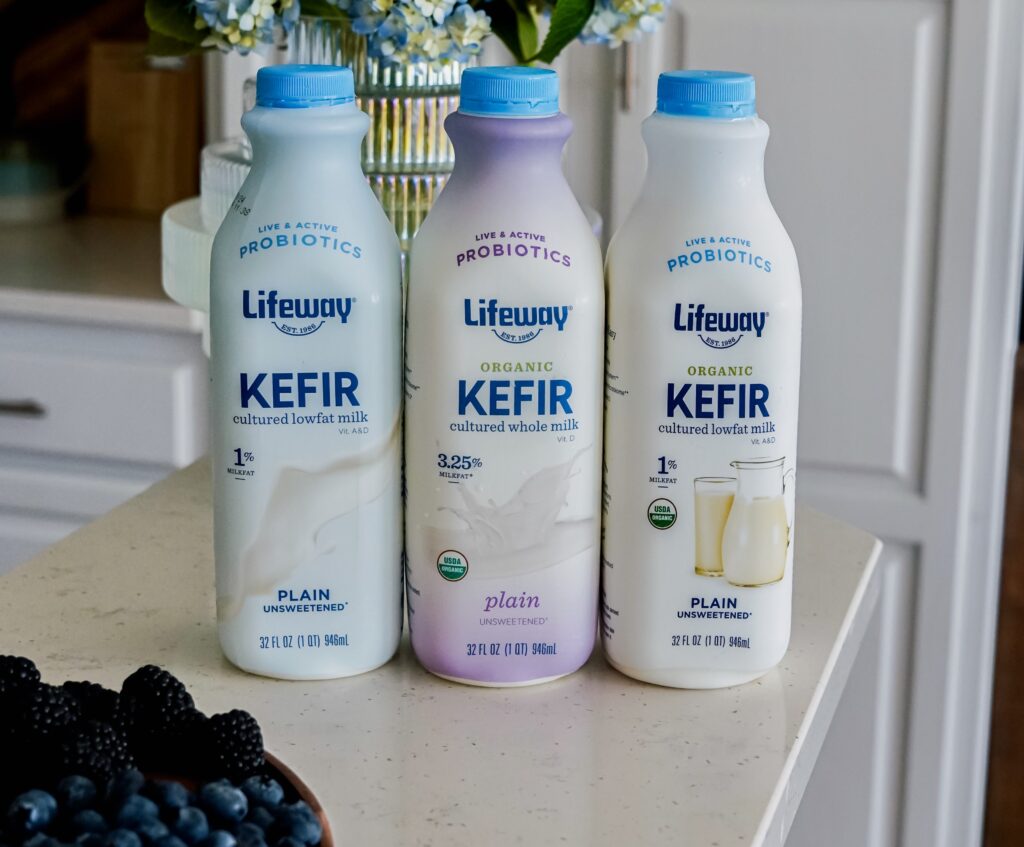
Need recipes to try? We’ve got you covered. Check out this post with 10 of our favorite High-Protein Recipes. Plus, check out why choices like Lifeway Kefir are better than probiotic supplements for more info.